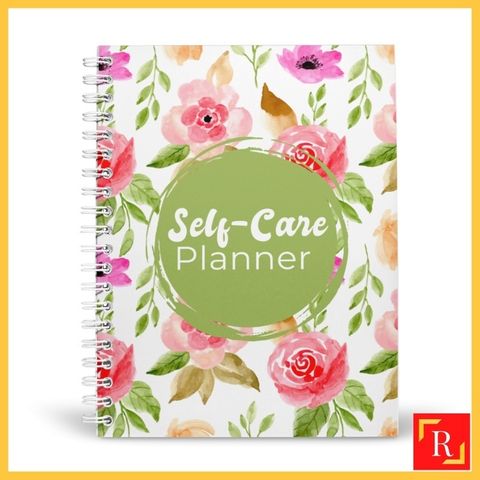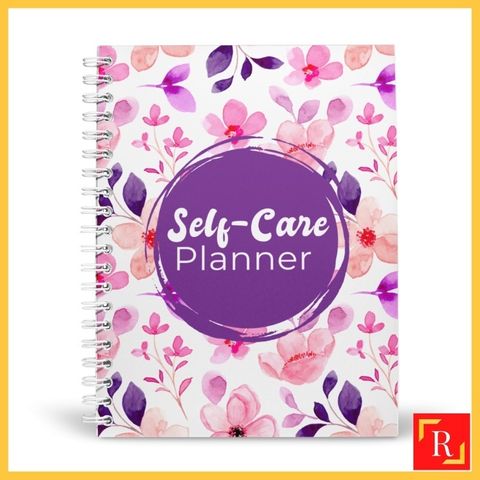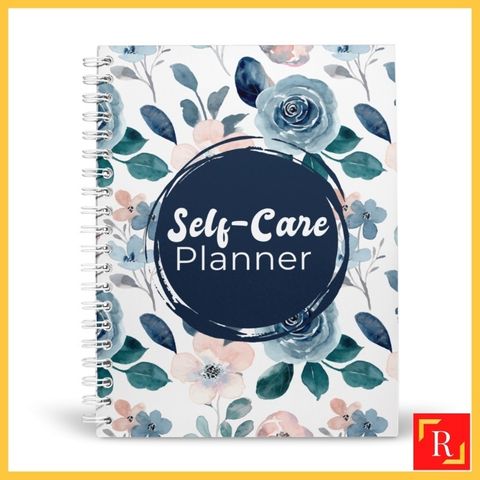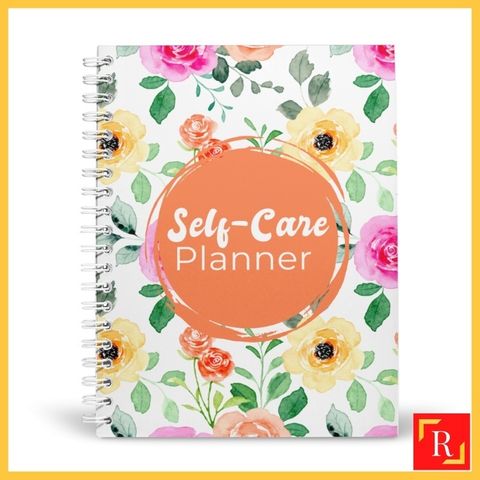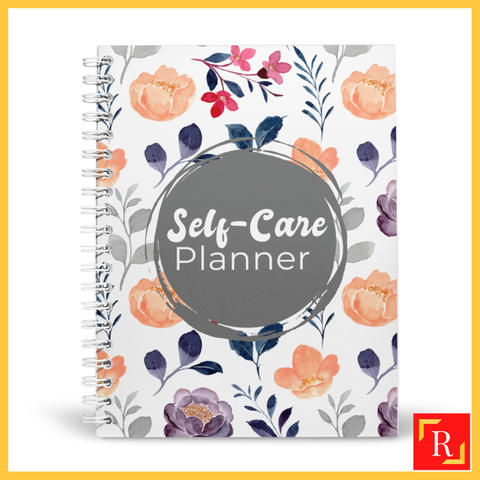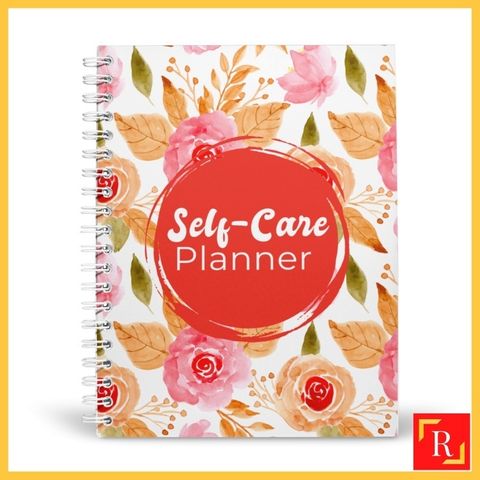
It's ironic that in a society where self-care is so heavily promoted, many individuals still struggle with taking care of themselves.
It's easy to become consumed by the demands of work, family, and other responsibilities, leaving little time for personal care.
However, neglecting self-care can have negative consequences on mental health, leading to symptoms such as anxiety, depression, and burnout.
Fortunately, there are self-care strategies that can help individuals boost their mental health and wellbeing.
These strategies are evidence-based and can be easily incorporated into daily routines.
By prioritizing self-care, individuals can improve their mood, increase their resilience, and experience a greater sense of fulfillment in their lives.
In this article, we will explore some of the most effective self-care strategies that can help you boost your mental health and wellbeing.
Practicing Mindfulness and Meditation
The implementation of mindfulness and meditation techniques has been suggested as a potentially effective strategy for improving mental health outcomes. Mindfulness practices involve focusing on the present moment and accepting one's thoughts and feelings without judgment. This practice has been shown to reduce symptoms of anxiety and depression, improve emotional regulation, and increase overall well-being.
Mindful breathing, which involves focusing on the breath and observing any bodily sensations that arise, is a common mindfulness technique. Practicing mindful breathing can help individuals become more aware of their thoughts and emotions, which can lead to greater emotional regulation and a decrease in feelings of stress and anxiety.
Visualization exercises are another type of mindfulness practice that has been shown to have a positive impact on mental health. Visualization involves creating a mental image of a peaceful or calming scene, such as a beach or a forest, and focusing on that image while engaging in deep breathing. This practice has been shown to reduce symptoms of anxiety and depression, improve sleep quality, and increase feelings of relaxation and calmness.
By engaging in mindfulness and meditation practices, individuals can cultivate a greater sense of self-awareness and learn to manage their thoughts and emotions in a more effective way, leading to improved mental health outcomes.
Prioritizing Sleep and Rest
Prioritizing sleep and rest is crucial for maintaining optimal cognitive functioning and emotional well-being. Sleep is essential for our overall health as it allows our body to repair and restore itself. Lack of sleep can lead to irritability, fatigue, decreased productivity, and impaired cognitive function.
Therefore, creating boundaries and prioritizing rest can help us achieve a good night's sleep. One way to create boundaries is by setting a regular sleep schedule and sticking to it. This can help regulate our body's internal clock and promote better sleep quality.
In addition to creating boundaries, practicing mindfulness and mindful breathing can also aid in promoting better sleep quality. Mindful breathing involves slowing down our breathing and focusing on the present moment. This can help calm our mind and promote a sense of relaxation, making it easier to fall asleep.
Moreover, mindfulness can help reduce stress levels, which is often a primary cause of sleep disturbances. Therefore, prioritizing sleep and rest and incorporating mindfulness practices into our daily routine can have significant benefits for our mental health and overall well-being.
Nourishing Your Body with Healthy Foods
Nourishing your body with healthy foods can be likened to providing the fuel necessary for a car to run smoothly. Making healthy food choices is an integral part of self-care strategies that can help boost your mental health.
Research shows that consuming a diet high in fruits, vegetables, whole grains, lean proteins, and healthy fats can improve mood, cognitive function, and overall well-being.
Meal planning is a useful tool for ensuring that you are making healthy food choices regularly. Planning your meals in advance can help you avoid impulsive food decisions and save time and money.
Additionally, incorporating a variety of nutrient-dense foods into your diet can help ensure that your body is receiving all the essential vitamins and minerals it needs to function optimally.
Remember, making healthy food choices is not only beneficial for your physical health but also plays a crucial role in maintaining good mental health.
Cultivating Positive Relationships and Social Support
Cultivating positive relationships and social support can be compared to planting seeds in a garden, where with patience and care, the relationships can grow and blossom into a source of comfort and encouragement for one's mental well-being.
Positive relationships can help to boost one's self-esteem, improve mood, and provide a sense of belonging.
Building boundaries is an important aspect of cultivating positive relationships. This involves setting limits on what one is willing to tolerate in their relationships, and being assertive in communicating these boundaries. Having clear boundaries can help to reduce conflict and increase feelings of safety and security in relationships.
In addition to building boundaries, seeking therapy can also be helpful in cultivating positive relationships and social support. Therapy can provide a safe space to explore and work through relationship challenges, as well as provide tools and strategies for effective communication and conflict resolution.
Seeking therapy can also help to improve self-awareness and develop a deeper understanding of one's own needs and values, which can lead to more fulfilling and supportive relationships.
Ultimately, building positive relationships and social support takes time and effort, but can provide significant benefits for one's mental health and overall well-being.
Engaging in Creative and Leisure Activities
Engaging in creative and leisure activities can provide a mental escape from daily stressors and allow for a sense of freedom and expression. Art therapy, for example, has been shown to improve mood, decrease anxiety, and increase self-awareness. Through the use of various art forms, individuals can explore and express their emotions in a nonverbal way, allowing for a deeper understanding of oneself.
Outdoor recreation is another form of leisure activity that can benefit mental health. Spending time in nature has been shown to have a calming effect on the mind and body, reducing stress and promoting relaxation. Additionally, outdoor activities such as hiking or biking provide physical exercise, which has been linked to improved mental health outcomes. Engaging in creative and leisure activities, whether it be through art therapy or outdoor recreation, can provide a much-needed break from daily stressors and contribute to overall mental well-being.
| Art Therapy | Outdoor Recreation |
|---|---|
| • Improves mood | • Promotes relaxation |
| • Decreases anxiety | • Reduces stress |
| • Increases self-awareness | • Provides physical exercise |
| • Allows for expression of emotions | • Offers a mental escape |
Conclusion
In conclusion, there are various self-care strategies that can help boost one's mental health. These strategies include practicing mindfulness and meditation, prioritizing sleep and rest, nourishing one's body with healthy foods, cultivating positive relationships and social support, and engaging in creative and leisure activities.
Mindfulness and meditation can help individuals manage their stress and anxiety levels, while prioritizing sleep and rest can improve one's mood and cognitive function. Eating healthy foods can provide the necessary nutrients for the brain to function optimally, while positive relationships and social support can provide a sense of belonging and reduce feelings of isolation. Lastly, engaging in creative and leisure activities can help individuals relax and unwind, reducing the risk of burnout.
Ultimately, self-care is like watering a plant. Just as a plant needs sunlight, water, and nutrients to grow, our minds and bodies need care and attention to thrive. Neglecting self-care can lead to poor mental health and wellbeing, just as a plant left without water can wither away.
It is essential to prioritize self-care and make it a daily habit, just as we make time for other important tasks in our lives. By doing so, we can enhance our mental health and lead fulfilling lives.


